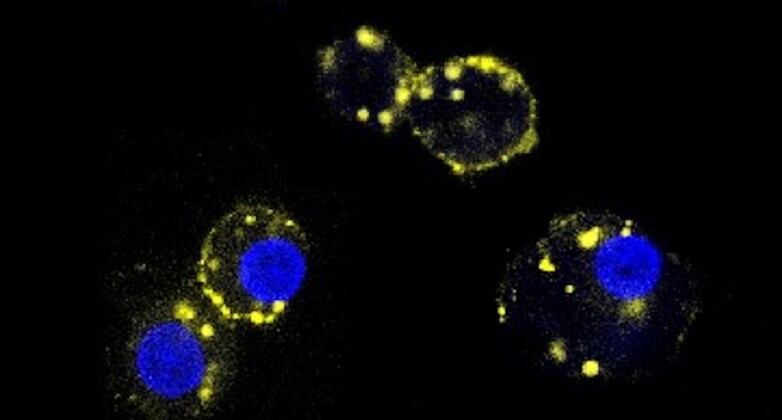Type 1 Diabetes Drug Protects Pancreas

Johns Hopkins scientists have reported promising results regarding an experimental antibody drug that could potentially prevent and reverse the onset of type 1 diabetes in mice, potentially extending their lifespans. The drug, known as mAb43, is distinguished by its direct targeting of insulin-producing beta cells in the pancreas, aiming to protect them from attacks by the body’s immune system cells.
Researchers highlight mAb43’s specificity for these cells, suggesting it could be used long-term in humans with minimal side effects. Monoclonal antibodies like mAb43 are produced by replicating animal or human cell lines.
Published in the May issue of Diabetes, these findings offer hope for a new treatment for type 1 diabetes, an autoimmune condition affecting around 2 million Americans with no current cure or prevention method.
Unlike type 2 diabetes, where the pancreas produces insufficient insulin, type 1 diabetes occurs because the immune system targets and destroys pancreatic cells responsible for insulin production, disrupting blood sugar regulation.
Dr. Dax Fu, leading the research team at the Johns Hopkins University School of Medicine, explains that mAb43 binds to a specific protein on beta cells’ surfaces, providing a shield against immune system attacks.
Initial trials involved administering weekly doses of mAb43 to non-obese mice predisposed to type 1 diabetes. By 35 weeks, all treated mice showed no signs of diabetes. Even when doses were delayed until later stages, only one out of five mice developed diabetes, with no adverse effects noted.
Moreover, mice treated with mAb43 lived significantly longer than untreated mice, showcasing the drug’s potential longevity benefits.
Further analysis revealed that mAb43 prompted beta cells to multiply while reducing inflammation in the pancreas, suggesting a potential reduction in insulin dependence with continued use.
The researchers are now focused on developing a humanized version of mAb43 for future clinical trials to assess its safety and efficacy in preventing type 1 diabetes.